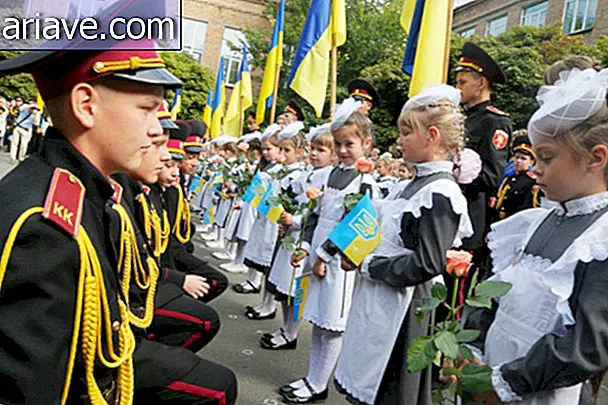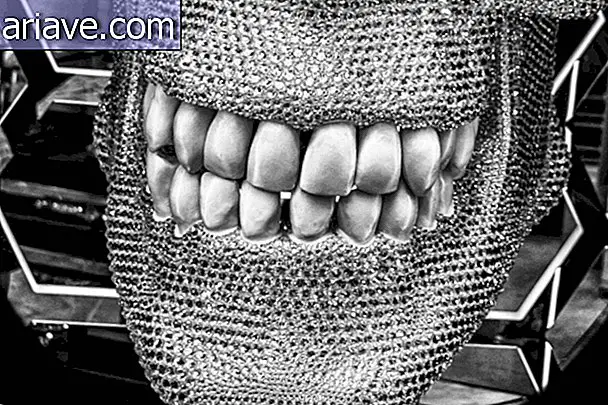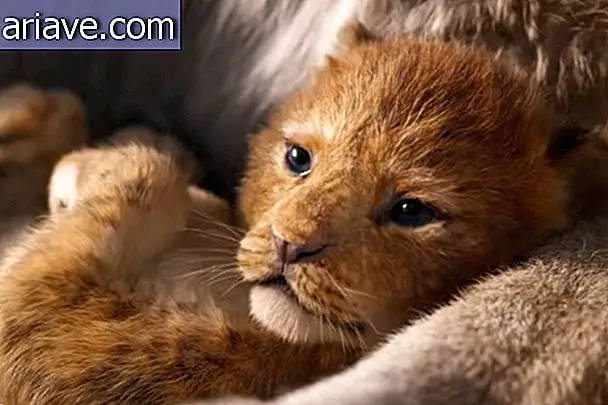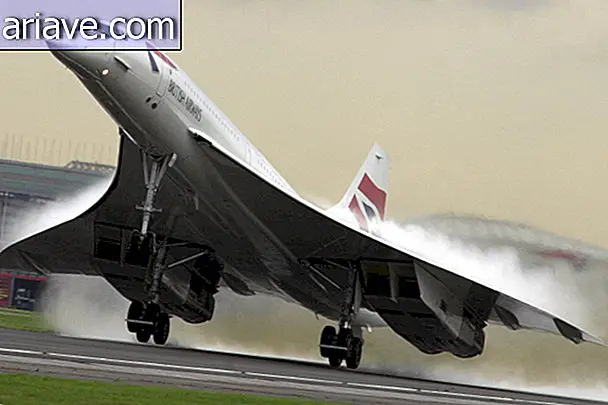Technology and the future of death
You may have already realized how big and small transformations have happened with the digital revolution. From paying the bills without having to set foot in the agency to people who don't even know what a VCR is or don't even use their DVD players anymore. Little by little, these changes shape the future in society. But have you ever wondered how digital transformations will affect death?
What? Death? Yes, herself. It is still a taboo here in Brazil to at least talk more openly about death. Especially about how we deal with it and accept it. Anyway, concepts about the “future of death” and products to digitize the procedures related to it are already being created around the world.
How will we deal with death and our information in the future?
An example of digitizing death is the Forever Missed website, an online memorial where you leave fond messages for a deceased loved one and even light virtual candles. Digital Legacy manufactures QR code cards for graves that contain a page with deceased data, photos, and even audio and video.
Strange and unusual as it may seem, answer one thing: How many deceased people you know still have pages active on social networks, for example? Technology has made death change in our life. It is as if memory could materialize more easily, only in virtual form.
The cemetery of the future is high tech
Speaking of which, at the futuristic Ruriden memorial in Tokyo, Japan, remains are scattered on the walls in Buddha-shaped crystal urns. The ultramodern mausoleum has over 2, 000 small altars with ashes of the dead. The colorful LED lights certainly make visitors forget for a moment that they are at a memorial, not a tech art exhibit.
Cremation is a trend that should increase in the future. In the United States, in 2015, more people were cremated than buried, according to the National Funeral Directors Association (NFDA).
The digital beyond
Thinking about how much information people leave over the internet after death, Digital Beyond offers to organize this information. Services include social account closure, e-mail, and digital service provision as requested by the customer.
Other services allow you to record a message to your friends and family to receive when you are no longer here. Spooky? But these are just some of the transformations we will see when we talk about the future of our memory.
Will going to the cemetery as we know it in the future be as remote as writing a letter instead of sending an electronic message? Leave your comment!
Technology and the future of death via TecMundo











